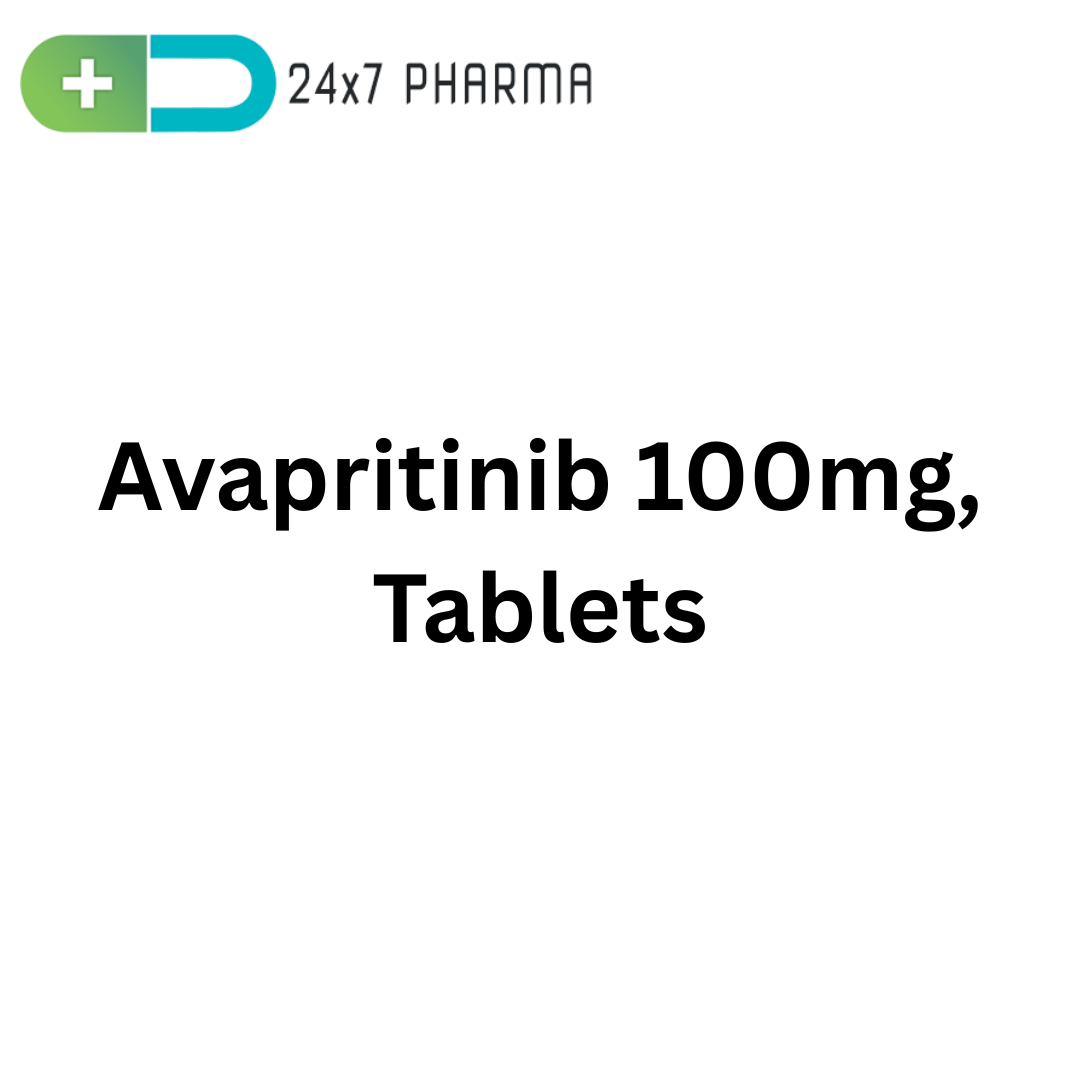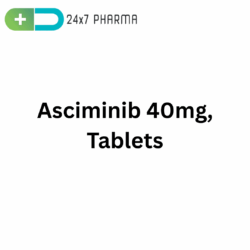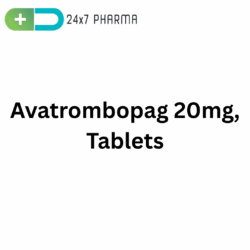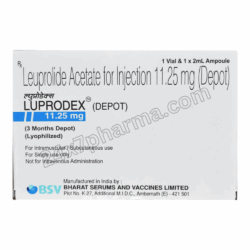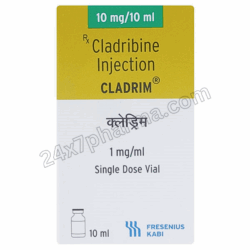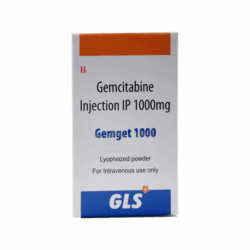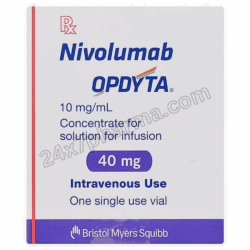LuciAvap 100mg, Avapritinib Tablets
Avapritinib is a targeted therapy medication used to treat specific types of cancers and blood disorders. It is a kinase inhibitor that works by blocking certain proteins involved in the growth of cancer cells and abnormal blood cell production.
What Is Avapritinib?
Avapritinib is a targeted cancer therapy drug used to treat certain types of tumors with specific genetic mutations. In the United States, it is sold under the brand name Ayvakit and is mainly used to treat:
1. Gastrointestinal Stromal Tumor (GIST)
- Specifically for patients with PDGFRA exon 18 mutations, including the D842V mutation, which is resistant to many other treatments.
- Uncontrolled cell development results from these mutations, which are present in a subset of GIST patients.
2. Advanced Systemic Mastocytosis (AdvSM)
This group of rare diseases is brought on by an accumulation of mast cells in internal organs.
Avapritinib is used to treat:
- Aggressive systemic mastocytosis (ASM)
- Systemic mastocytosis and a related hematologic tumor (SM-AHN)
- Mast cell leukemia (MCL)
Mechanism of Action
Avapritinib selectively inhibits mutant forms of the KIT and PDGFRA receptors, which are involved in the development of certain cancers and blood disorders. By blocking these receptors, avapritinib prevents the abnormal cell growth and proliferation associated with these conditions.
How to Use / Indications
1. Gastrointestinal Stromal Tumor (GIST)
- Recommended for: Adult patients with metastatic or incurable GIST who have a mutation in PDGFRA exon 18, such as the D842V mutation.
- Not recommended for GIST patients without this specific mutation.
2. Advanced Systemic Mastocytosis (AdvSM)
- Recommended for: Adults suffering from severe systemic mastocytosis, including
- Aggressive systemic mastocytosis (ASM)
- Systemic mastocytosis with associated hematologic neoplasm (SM-AHN)
- Mast cell leukemia (MCL)
Dosage and Administration
- Dosage Forms: Available in 25 mg, 50 mg, 100 mg, 200 mg, and 300 mg oral tablets.
- Administration: Take one oral dose every day without food.
- missing Dose: Unless it falls within eight hours of the subsequent dose, take the missing dose as soon as you can. Avoid taking two doses at once.
Common side effects include:
- Edema (swelling)
- Nausea and vomiting
- Fatigue
- Cognitive impairment
- Decreased appetite
- Diarrhea
- Hair color changes
- Increased lacrimation (tear production)
- Abdominal pain
- Constipation
- Rash
- Dizziness
Serious side effects may include:
- Intracranial hemorrhage
- Cognitive disturbances
- Photosensitivity reactions
Storage
It is recommended to store avapritinib at room temperature, roughly between 20°C and 25°C (68°F and 77°F). Brief excursions are permitted between 15°C to 30°C (59°F to 86°F). Keep the drug out of children’s reach, in its original container, and properly closed.
Benefits
- Targeted Therapy: Specifically targets mutant KIT and PDGFRA receptors, leading to more effective treatment with potentially fewer side effects compared to traditional chemotherapy.
- Oral Administration: Taken as a pill, which can be more convenient than intravenous treatments.
- Efficacy: Demonstrated efficacy in clinical trials for AdvSM, ISM, and GISTs with PDGFRA exon 18 mutations.
Prescription
Avapritinib is a prescription medication and should be used under the supervision of a healthcare provider. For the best results, it’s critical to adhere to the recommended dosage and timetable.
Drug Interactions
- CYP3A Inhibitors: Co-administration with strong or moderate CYP3A inhibitors (e.g., itraconazole, fluconazole) may increase avapritinib levels and the risk of side effects.
- CYP3A Inducers: Co-administration with CYP3A inducers (e.g., rifampin) may decrease avapritinib levels and reduce its effectiveness.
- Grapefruit: Avoid grapefruit and grapefruit juice, as they may increase avapritinib levels.
FAQs
What is Avapritinib use for?
To treat GIST with PDGFRA exon 18 mutations and advanced systemic mastocytosis.
Drug interactions?
Yes—especially with CYP3A-modifying drugs.
What if I miss a dose?
Take it the same day if possible, otherwise skip it.
How is it supplie?
In tablet form (25–200 mg).
Conclusion
Avapritinib is a targeted therapy that offers a promising treatment option for patients with specific types of cancers and blood disorders. By selectively inhibiting mutant receptors involved in disease progression, it provides a more focused approach compared to traditional therapies. However, it is essential to use avapritinib under the guidance of a healthcare provider to manage potential side effects and drug interactions effectively.

